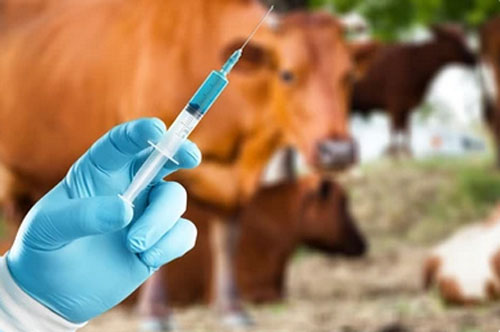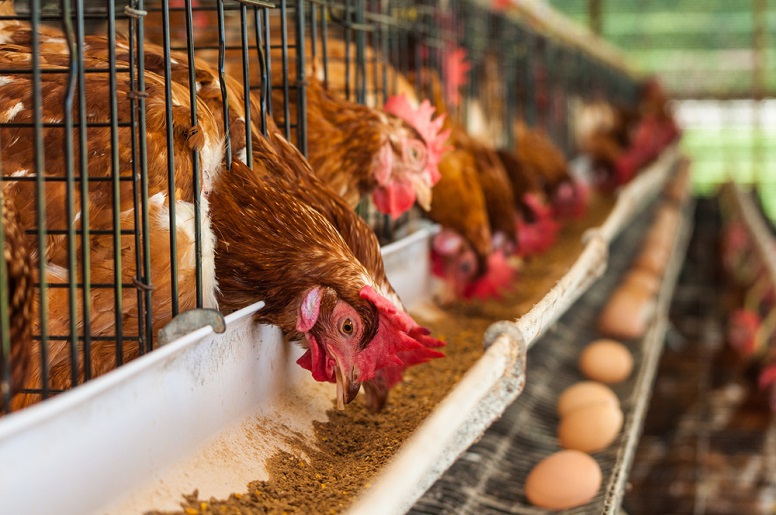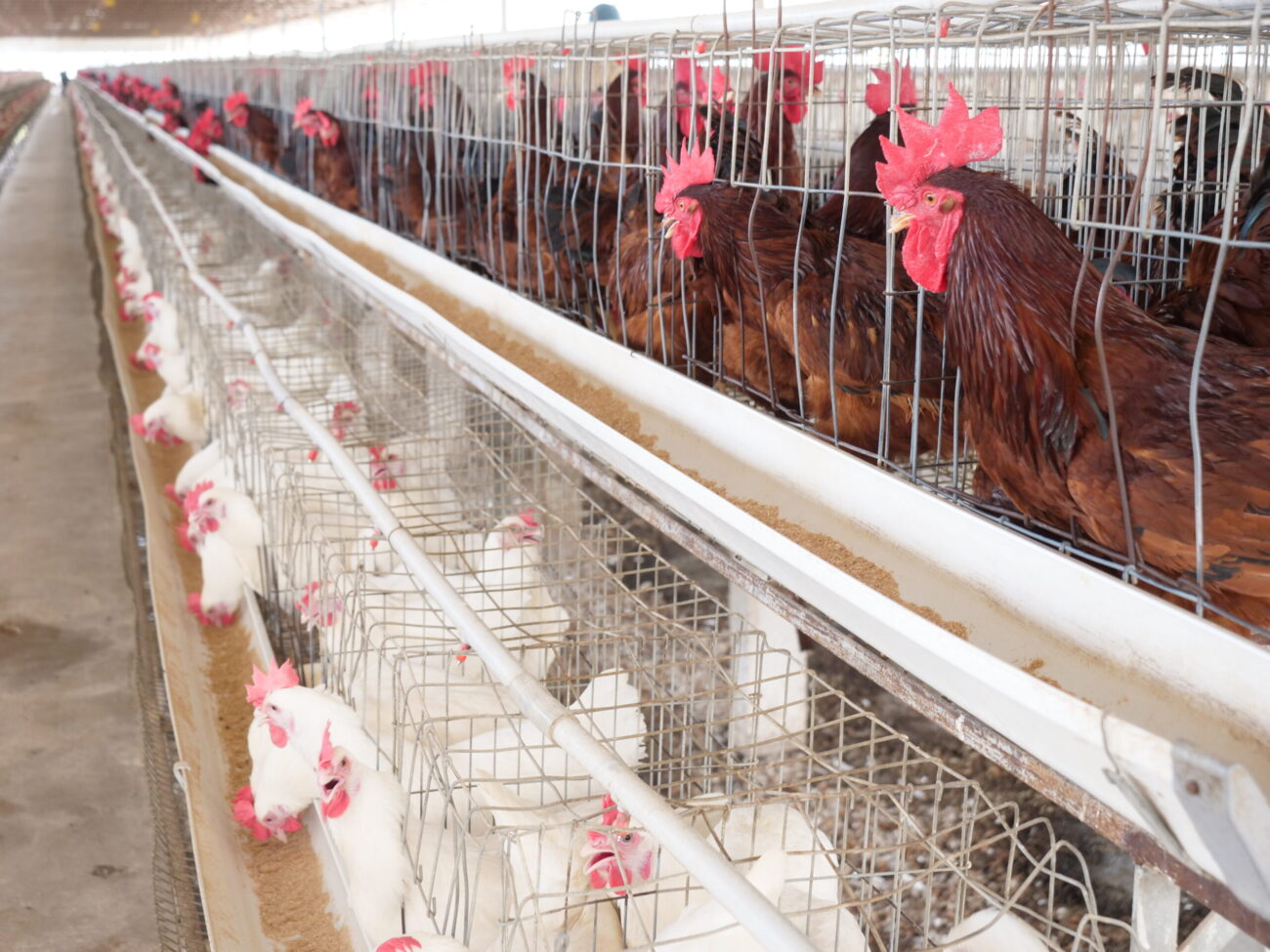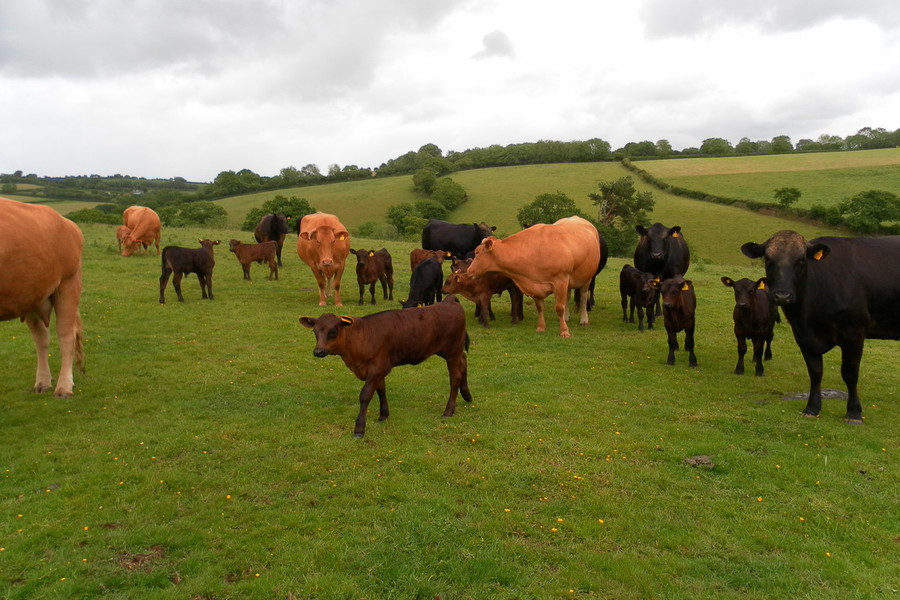
Understanding Antibiotics and Alternatives in Animal Health
Antibiotics have been a cornerstone of modern veterinary medicine for decades. They play a critical role in treating bacterial infections, improving livestock survival, and supporting productivity. However, overreliance and misuse of antibiotics in animal farming have raised global concerns about antibiotic resistance, food safety, and sustainability. For farmers, understanding how to use antibiotics responsibly—and exploring viable alternatives—is essential for long-term success in livestock production.
1. The Role of Antibiotics in Animal Health
Antibiotics are used to:
– Treat bacterial infections such as respiratory diseases, diarrhea, and mastitis.
– Prevent infections in situations of high disease risk.
– Support animal welfare by reducing pain and suffering caused by infections.
When used correctly, antibiotics protect the farmer’s investment, keep animals healthy, and maintain productivity.
2. The Challenges of Antibiotic Misuse
Unfortunately, antibiotics are sometimes overused or misused in livestock production. This can happen when farmers:
– Use antibiotics without veterinary prescription.
– Administer the wrong dosage or duration.
– Use antibiotics for growth promotion instead of disease treatment.
Such practices contribute to antibiotic resistance, where bacteria adapt and become harder to kill. This is a major global health concern because resistant bacteria can spread from animals to humans, threatening both veterinary and public health.
3. Alternatives to Antibiotics in Animal Health
To reduce reliance on antibiotics, farmers can adopt alternative health-promoting practices:
✅ Vaccination Protects animals from deadly bacterial and viral diseases, reducing the need for antibiotic treatments.
✅ Probiotics and Prebiotics These ‘good bacteria’ and feed additives improve gut health, boost immunity, and reduce the incidence of digestive infections.
✅ Herbal and Natural Remedies Plant extracts and essential oils (such as garlic, oregano, or neem) have natural antimicrobial and immune-boosting properties.
✅ Good Farm Management
– Proper hygiene and biosecurity.
– Adequate housing and ventilation.
– Balanced nutrition.
– Stress reduction.
These measures create stronger animals that are less prone to infections.
4. Striking the Right Balance
The future of animal farming is not about eliminating antibiotics completely, but about responsible use. Farmers should:
– Use antibiotics only under veterinary guidance.
– Follow correct dosage and withdrawal periods.
– Combine antibiotics with preventive strategies such as vaccination, biosecurity, and natural alternatives.
Conclusion
Antibiotics remain an important tool in livestock production, but they should never be a substitute for good management practices. By adopting a balanced approach—using antibiotics responsibly and embracing safe alternatives—farmers can protect animal health, safeguard consumers, and ensure sustainable farming.
At Vettech Solutions Ltd, we are committed to guiding farmers on the proper use of antibiotics, while also providing natural alternatives, vaccines, and expert veterinary advice to promote healthy and profitable farms. Visit us at www.vettech.ng to learn more.






https://shorturl.fm/jDyuz
https://shorturl.fm/GrkPI
https://shorturl.fm/oshpL
https://shorturl.fm/BV9jW
https://shorturl.fm/TwKim
https://shorturl.fm/fmUEc
https://shorturl.fm/7ncXj
https://shorturl.fm/5diRO
https://shorturl.fm/CbXdA
https://shorturl.fm/oCTc9
https://shorturl.fm/FIhbS
https://shorturl.fm/q6nfl
https://shorturl.fm/JLkfG
https://shorturl.fm/NDDLR
https://shorturl.fm/9jYgN
https://shorturl.fm/Itmnj
https://shorturl.fm/gBsqu
https://shorturl.fm/KdR1o
https://shorturl.fm/xW3II
https://shorturl.fm/Zmtzi
https://shorturl.fm/stwN6
https://shorturl.fm/Xmm7C
https://shorturl.fm/nE80q
https://shorturl.fm/Qy5OU
https://shorturl.fm/UrtPX
https://shorturl.fm/hpUrC
https://shorturl.fm/WlCQK
https://shorturl.fm/75mXN
https://shorturl.fm/1B7Rt
https://shorturl.fm/hLxcc
https://shorturl.fm/cm0wK
https://shorturl.fm/H0tBJ
https://shorturl.fm/vQuG3
https://shorturl.fm/X7UQW
https://shorturl.fm/2lCY2
https://shorturl.fm/fCIP9
https://shorturl.fm/BrlA8
https://shorturl.fm/a5nSn
https://shorturl.fm/xk3i7
https://shorturl.fm/XUvJ7
https://shorturl.fm/QvK72
https://shorturl.fm/WexJJ
https://shorturl.fm/RrM1e
https://shorturl.fm/O62bf
https://shorturl.fm/FC6Ji
https://shorturl.fm/7WEUy
https://shorturl.fm/iyExy
https://shorturl.fm/idOIN
https://shorturl.fm/5uuoh
https://shorturl.fm/aYjBT
https://shorturl.fm/w8dDs
https://shorturl.fm/aqMgP
https://shorturl.fm/wF4gI
https://shorturl.fm/LMwYs
https://shorturl.fm/6UEQ5
https://shorturl.fm/xOrQB
https://shorturl.fm/bjCRR
https://shorturl.fm/gAxiT
https://shorturl.fm/BkGWY
https://shorturl.fm/nlWh4
https://shorturl.fm/V2XCR
https://shorturl.fm/U2tYr
https://shorturl.fm/xZadF
https://shorturl.fm/ntu18
https://shorturl.fm/dvGmZ
https://shorturl.fm/YgY4n
https://shorturl.fm/XR299
https://shorturl.fm/nlIS0
https://shorturl.fm/YmfGP
https://shorturl.fm/PC4Fb
https://shorturl.fm/38FQ7
https://shorturl.fm/jhgyu
https://shorturl.fm/yvChK
https://shorturl.fm/RwpEC
https://shorturl.fm/FgclP
https://shorturl.fm/GK3nB
https://shorturl.fm/VMzkc
https://shorturl.fm/xHQ7R
https://shorturl.fm/mgzjJ
https://shorturl.fm/kMrBx
https://shorturl.fm/xCeay
https://shorturl.fm/9763M
https://shorturl.fm/SXz9G
https://shorturl.fm/A1Zfu
https://shorturl.fm/VhjsN
https://shorturl.fm/k7fpF
https://shorturl.fm/HXyLc
https://shorturl.fm/kH3ms
https://shorturl.fm/oQqjr
https://shorturl.fm/Slu7A
https://shorturl.fm/8UuKo
https://shorturl.fm/jDCR6
https://shorturl.fm/owuCK
https://shorturl.fm/FsI9B
https://shorturl.fm/VLMci
https://shorturl.fm/2rx98
https://shorturl.fm/F9bCn
https://shorturl.fm/7nmk9
https://shorturl.fm/1Buen
https://shorturl.fm/YBFpu
https://shorturl.fm/gz5p5
https://shorturl.fm/WOr7u
https://shorturl.fm/RM1Dk
https://shorturl.fm/yhBCD
https://shorturl.fm/Q1D45
https://shorturl.fm/TrEJE
https://shorturl.fm/rhaIm
https://shorturl.fm/48bdf
https://shorturl.fm/OtU7Y
https://shorturl.fm/Zn87B
https://shorturl.fm/KkJo4
https://shorturl.fm/Iu7FC
https://shorturl.fm/W2DZq
https://shorturl.fm/kwTEA
Share our offers and watch your wallet grow—become an affiliate!
Partner with us and enjoy recurring commission payouts!
Partner with us and enjoy recurring commission payouts!
Share our products, earn up to 40% per sale—apply today!